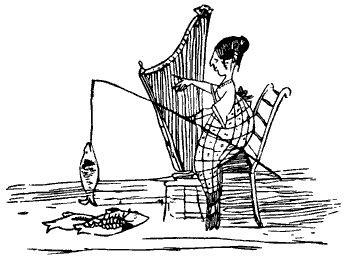Real Dialogue
So this week my friend Noni took a run through my Christmas Present To Me, a short novella I’m calling Choir Camp (because it’s a geeky little story and I’m geeky enough to find it entertaining). She took a stern look at all my grammatical foibles and logic disconnects, but in the end had some nice things to say. One of the nicest was the compliment she paid my dialogue.
I’ll let you in on a secret. Writing dialogue is my absolute favorite thing to do. I’ll sit around and dream up conversations between people all day long. It’s layering in setting and sensory details that bogs me down – but that’s a different post. Today I want to talk about how to make dialogue real.
You know the easiest way to do it? Use phrases you hear in real life. While Noni lived in Nebraska, she learned some of the most entertaining expressions, and I love to borrow them. Like, when one of my characters was pissed at her boyfriend, she said, “Someone should pinch his head off and use him for bait.” That line cracks me up every time I read it. Why make up stuff when the things real people say are so good? Pay attention and make notes to yourself when you hear something good, then don’t be afraid to use it.
Another way to keep dialogue real is to remember that people don’t often say what they really mean. Generally our responses are filtered through a layer of emotional complexity that modifies the words that come out of our mouth. Even a simple yes or no question like “Are you free Friday night?” can get twisted up by variables like how handsome the ask-er is and how long it’s been since the ask-ee has had a date. It’s important to remember each character’s motivation in any particular circumstance, and then leave space for the reader to explore the subtext.
And finally, try to put a unique stamp on each of your character’s words. When I do a character profile, I include at least three details about the way they speak along with how they move and what they wear. Those details can include phrases, accents, and general guidelines for vocabulary, so that a high-school drop-out doesn’t end up sounding like a college professor.
One of the first things Cass, the angelic hero in Forever & Ever, Amen, says is “Hoo-wee, now, you have got to calm down.” That exclamation “hoo-wee” becomes his trademark, to the point where in once scene, when he secretly inhabits the body of another character, everyone knows it because the inhabited character uses that phrase.
Borrowing phrases from reality, avoiding directness, and developing a unique pattern for each character will help make your dialogue real. And lively! And fun! Your readers will thank you.
Have an awesome weekend.
Peace,
Liv




